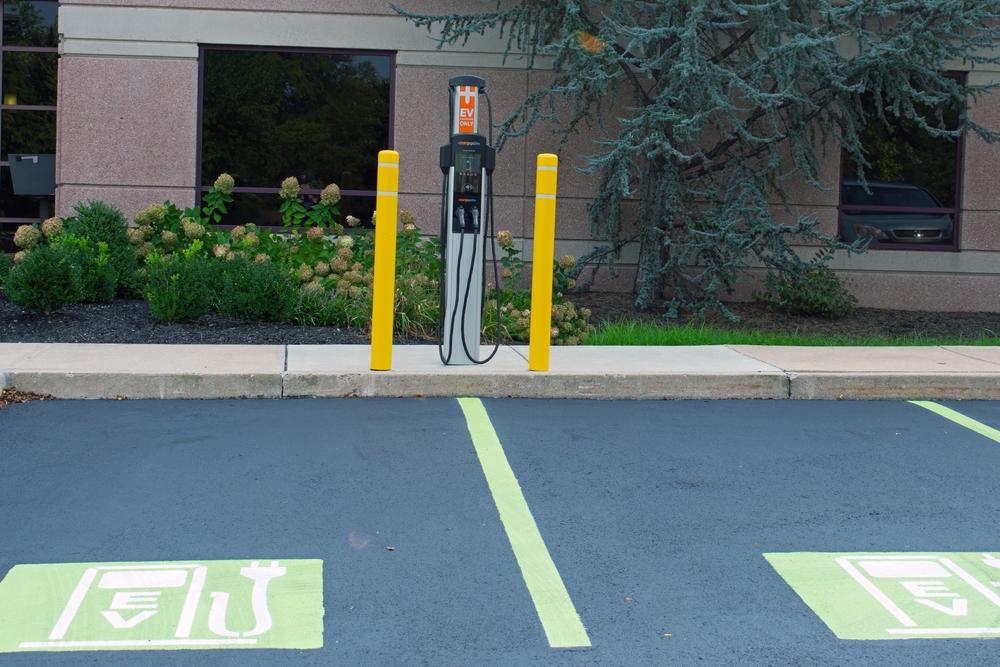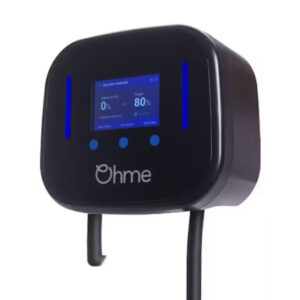The Government has announced that the WCS will come to an end on 31st March 2024 at 11.59pm
The UK government’s workplace charging scheme aims to incentivise organisations to install multiple charge points, on the understanding they will allow their employees (even those with private EVs) to charge at work, as many can’t have charge points installed at home.
Workplace Charging Scheme:
£350 grant is provided to any registered business, charity or public sector organisation installing an EV charger at work. Each workplace can claim for up to 40 EV chargers, worth a maximum of £14,000.
Fleet & Employee Grant:
£4,250 is provided in grants to an SME (less than 250 employees) to install five charge points, with a further £850 available for installing each additional charge point, up to a total of £15,000.
And it doesn’t end here. Multi-site companies can claim grants of up to £15,000 for each site across a maximum of five sites. Making the total grant available in these situations £75,000.
To apply or to check your eligibility call us on 0330 135 9990 or email us at enquiries@evolutionsolutions.co.uk


